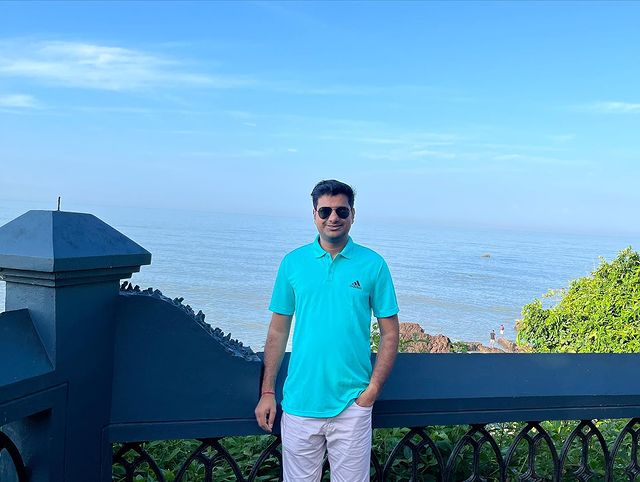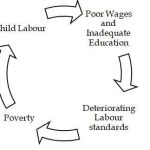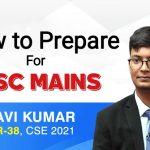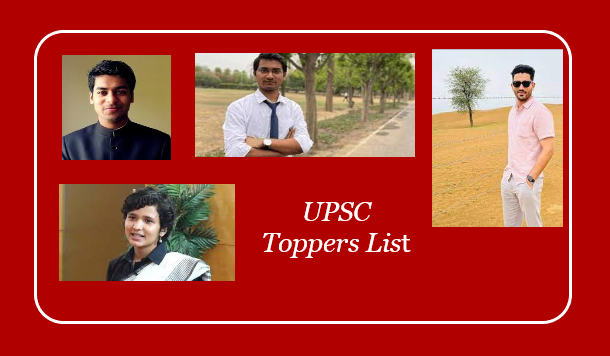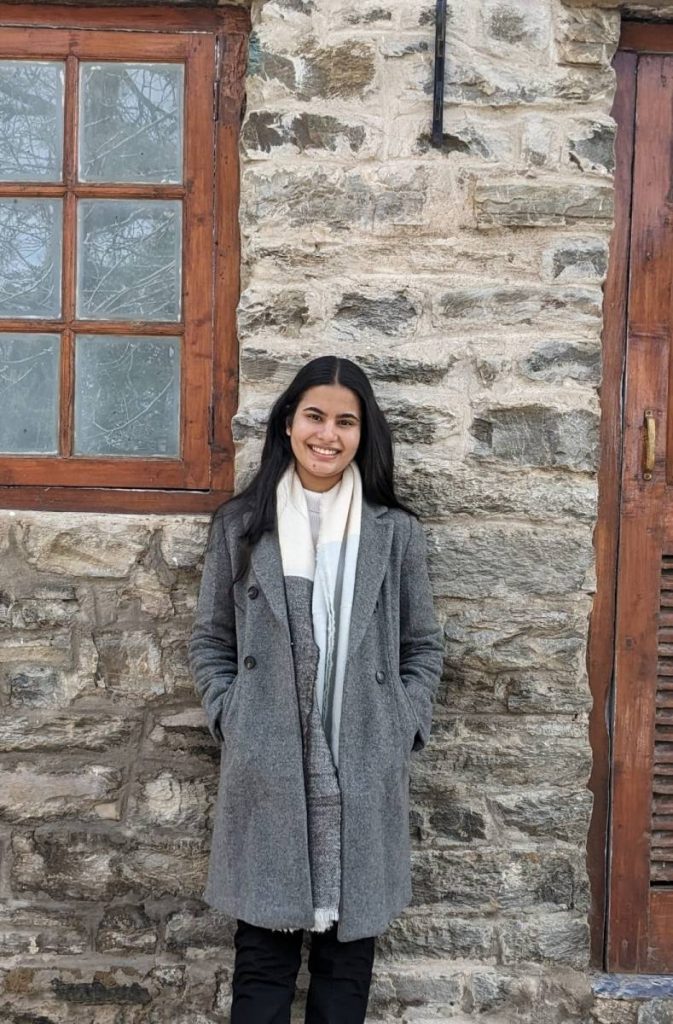
I am Muskan Dagar. I’m from the village of Sehlanga in the Haryana district of Jhajjar. I got AIR 72 in the UPSC CSE 2022. This was my second try. I got AIR 474 on my first try and was given the Indian Civil Accounts Service. History is my Optional
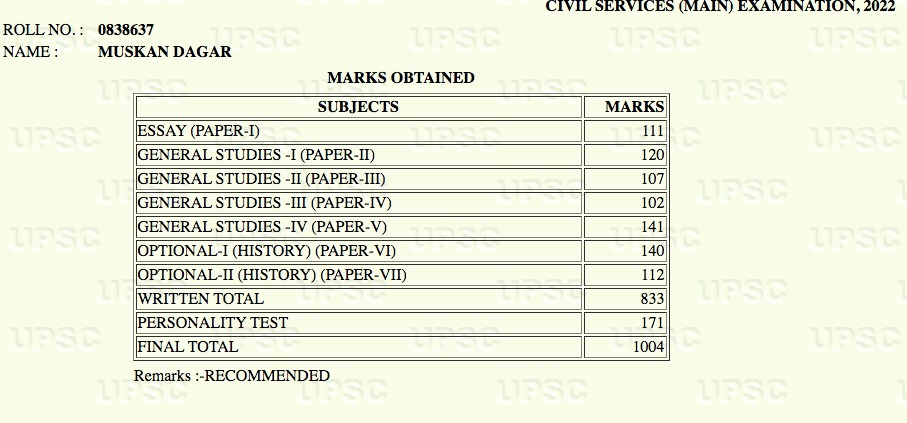
I went to Apeejay School in Charkhi Dadri and finished the 12th grade there. Then, I went to Hindu College, University of Delhi, and got my B.Sc. in Physical Science in 2020.
Table of Contents
Journey of Preparation
I started getting ready in my third year of college. Since I had studied science in high school, History was a new subject for me, so I took coaching for it. All the other basics I didn’t start to learn until March 2020, when the lockdown happened and I was stuck at home during my last term.
Do you need coaching for UPSC CSE?
No, is the short answer.
Long answer: I got help from coaching with History Subject because I didn’t know much about it when I first started reading about it, but looking back, I could have done without it. When it came to GS, I decided that it probably wouldn’t be worth my time or money. I wanted to study at my home in the country because I didn’t want to pay more to live in Delhi. Aside from that, I thought I could understand the ideas from the books alone. When I didn’t understand something, I would look it up on the web or YouTube.
Prelims strategy
When I was studying for my prelims, I focused on getting a clear understanding of the concepts and making sure I covered all the required topics. My plan was to do the best number of tests (25–30) to make sure everything made sense. From these tests, I would learn where I needed to improve, like if I needed to study more on some areas, if my logic was wrong, or if I just feared getting a bad grade. In my next tests, I tried to get better at these things. I forced myself to figure out how to answer the questions, and I used common sense the most. That helped me understand things better, which helped me on the real tests.
I also did all the PYQs I could find so I could see the trend and understand it better. During the real test, I thought that having faith in myself was the most important thing. When I saw the paper for my first prelims, I got nervous and made a lot of silly mistakes that I could have avoided if I hadn’t been so nervous. So, when it happened again, I knew I had to keep my nerves calm so I could think clearly.
I didn’t study for the CSAT on its own. I thought that my background helped me with that. I only did PYQs from the past two years before the test so I wouldn’t go in blind. But, given how hard tests are these days, if you think you need to study for the test, please do so well. In this case, it can hurt to be too sure of yourself. Practise and come up with a plan for how to tackle the paper.
Mains Strategy
On my second try, I raised my GS score from 401 to 470. So, I’d like to talk about the changes I made to get there.
The first thing I didn’t like about my answers from the year before was that I didn’t know enough about the questions, especially when it came to current events. To fix this, I first looked at the course outline and made sure that all of the themes were covered in depth. I also used the online notes written by Rushikesh Reddy Sir to help me do this. Second, I read the newspaper and Mains 365 carefully to learn about current events and used Forum IAS’s Dipin Sir’s CA PDFs to fill in any holes.
The second mistake was that she didn’t answer the question. We usually read the question, try to figure out what it means, and then start writing right away. This time, I made sure to read the question three or four times before writing the answer so I wouldn’t get off track.
I also worked on adding important facts, case studies, and examples from test series model answers, topper copies, the newspaper, etc. to my answers.
I also practise coming up with ideas for each question so I could come up with a full answer.
This time, I signed up for Forum IAS’s MGP. I thought it was a good test set, but the evaluation could have been better.
Booklist
My booklist didn’t have anything new on it. I used all the same usual sources, but I also added reports like NITI Aayog’s India @ 75 and used Google to look up things that weren’t covered.
Answer Writing
I started writing answers when I had gone over most of the course material at least twice. Only in the time between the prelims and the mains did answer writing get a lot of attention.
I paid as much attention to how my answer was put together as to what it said.
Some things I paid attention to:
• A meaningful introduction with a definition, facts, quote, or background, as needed.
• Headings that are suitable and use language from the question to show that you are answering the question correctly.
• Breaking the answer into important parts, such as administrative reasons, social reasons, structural and non-structural measures, etc.
• Drawing models as needed, especially in geography (maps and processes), international relations (maps), internal security (maps), and disaster management (maps).
• Trying to include facts and examples and putting them a little bit apart from the main point to make them easier to see.
• Whenever possible, including important ways to move forward
• Making it a point to end every answer with a well-thought-out closing
• No doubts about it this time. When I didn’t know much about a question, I wrote down what I did know and left the rest of the page(s) for that answer blank so I wouldn’t waste time. In the end, I tried to answer these questions:
• I answered questions 1 through 5 first, then questions 11 through 20, and then questions 6 through 10. This was to try to do well on the first few questions to make a good first impression, and then move on to the 15-mark questions, which require more writing and can get you more points as well.
I think you should practise, whether it’s for prelims or mains, to actually get better and work on any problems you might find. It’s not a good idea to practise just to practise.



